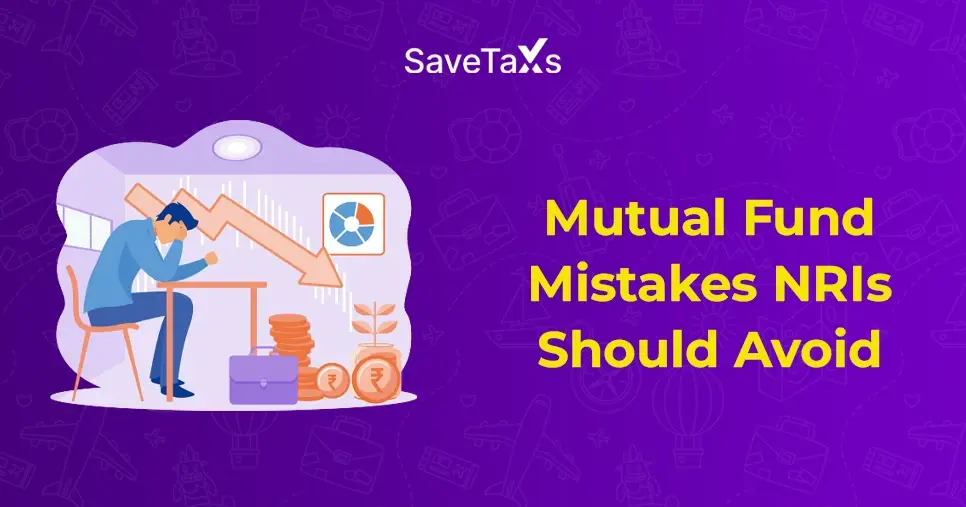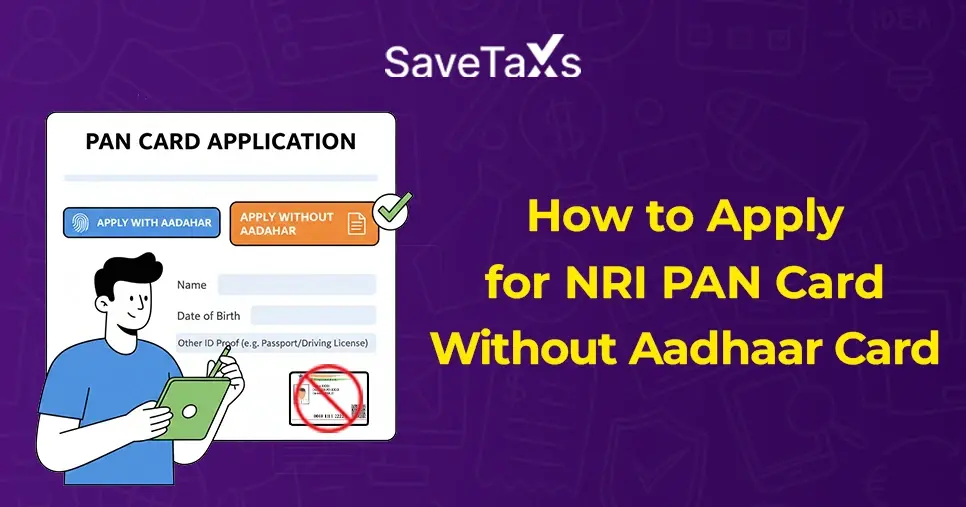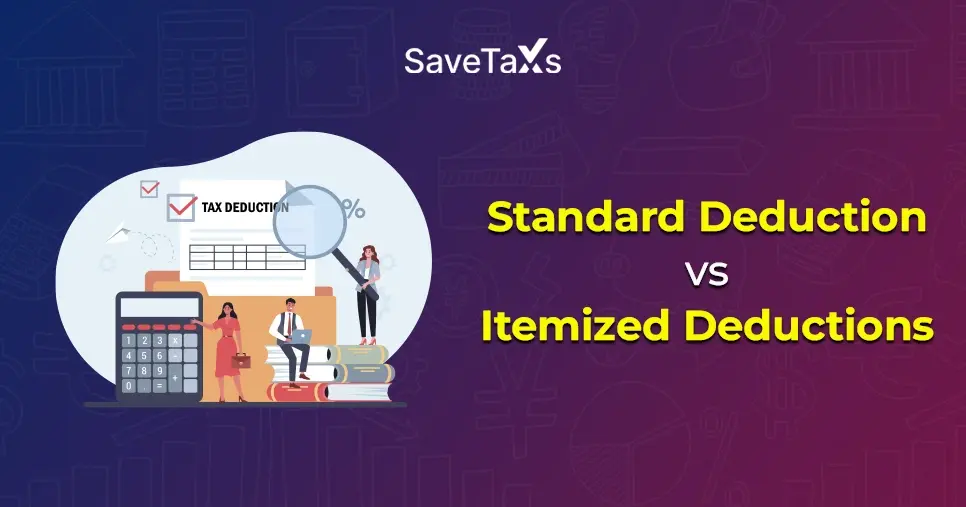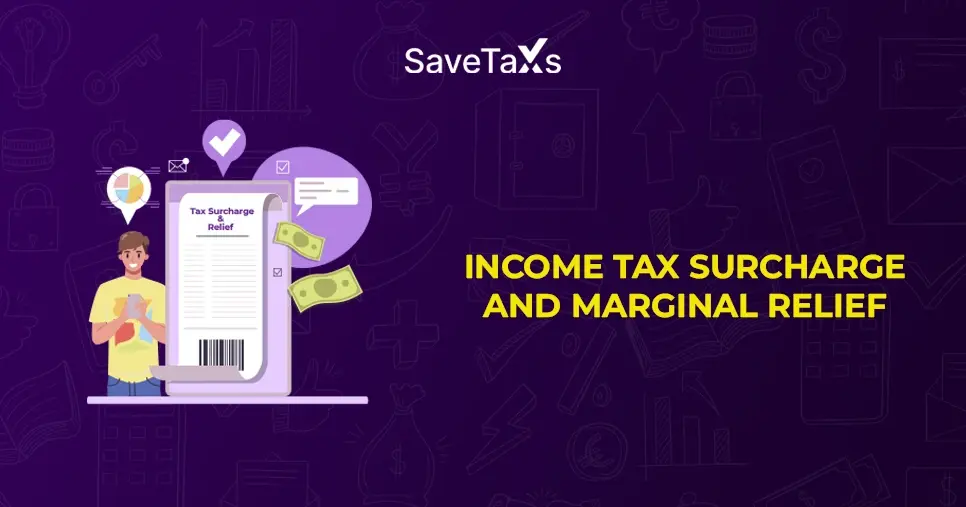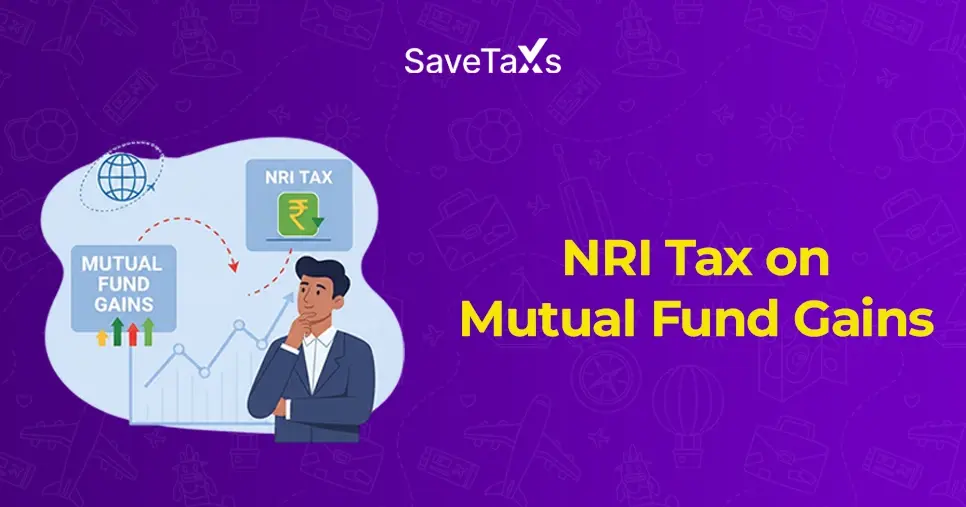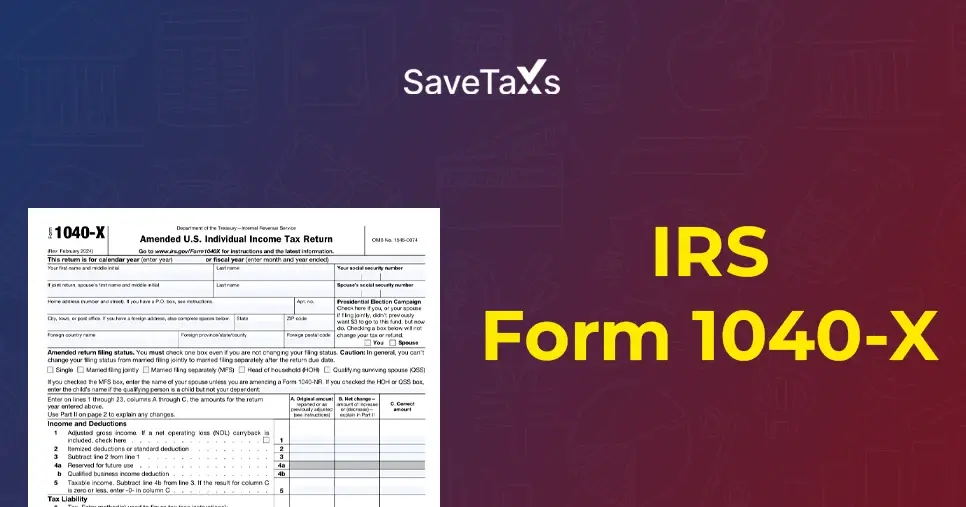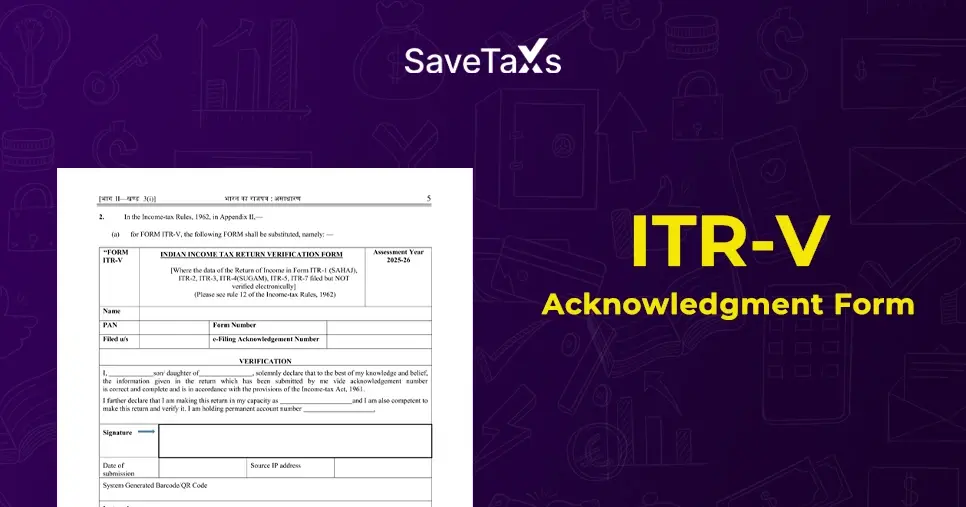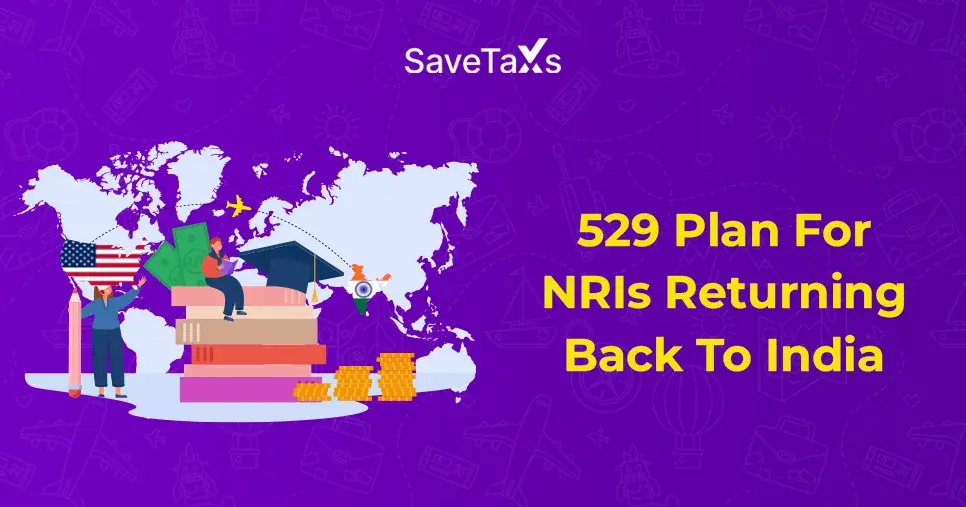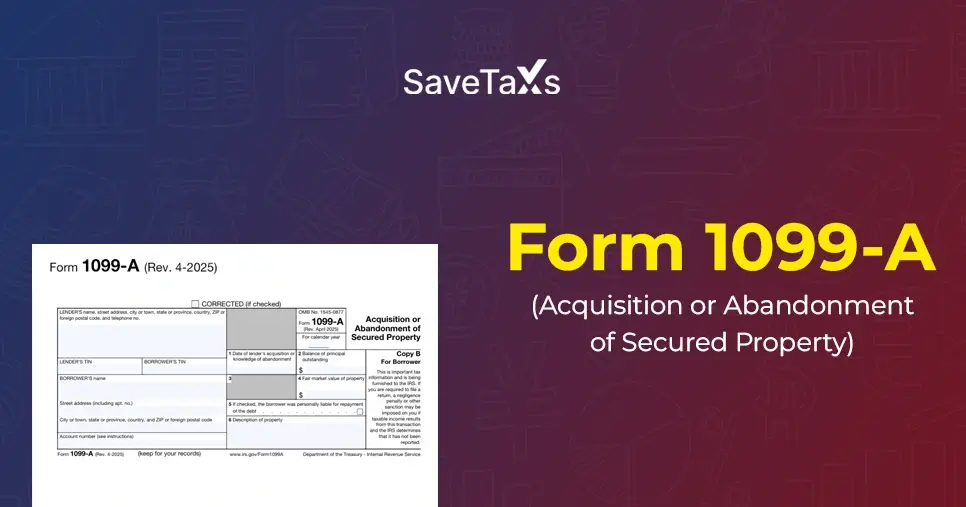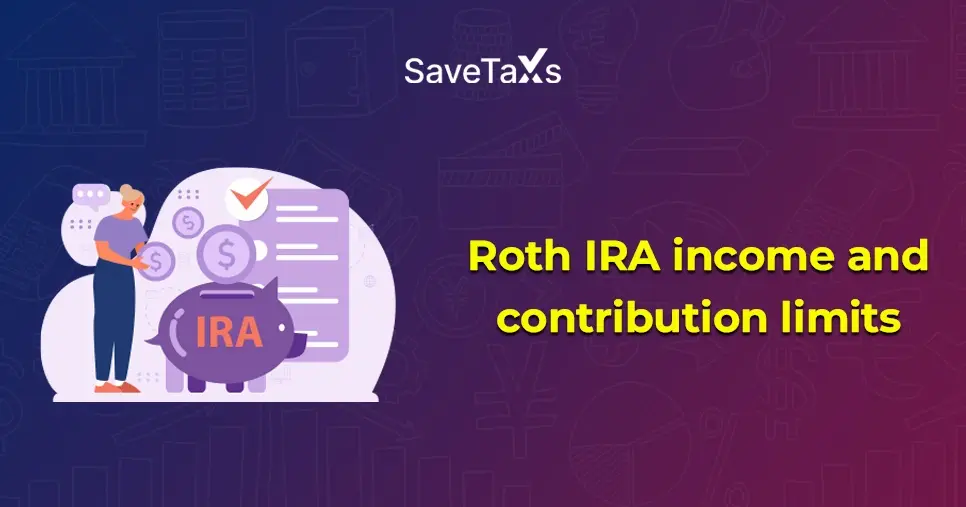The Double Tax Avoidance Agreement (DTAA) is a tax treaty signed between India and Mauritius to prevent taxpayers from paying taxes twice, and applies to resident taxpayers of one or both nations. A person has the option to claim the taxes paid in one country as a credit in another country under this agreement.
For example, if an Indian resident works in a Mauritian company, they might have to pay taxes in both nations, which can be prevented under the DTAA treaty. Keep reading this blog to learn more about the DTAA between India and Hong Kong and learn the ways to prevent paying taxes twice on the same income.
What is the DTAA Between India and Mauritius?
On the 6th of December 1983, the Indian Government and the Government of Mauritius unanimously decided to come to an agreement and avoid double taxation. The rules of the DTAA signed between India and Mauritius apply to the residents of either or both of the contracting parties. On the 7th of March 2024, a protocol was signed by the two nations for amending the DTAA.
One of the key points of revision made during this amendment was the introduction of a new article to fulfill the principal purpose test. However, note that the protocol is yet to be approved. The DTAA agreement has 6 chapters in total, with further divisions into 38 articles, which mainly define the agreement's scope, definitions, taxation on income, the way to eliminate double taxation, and special and final provisions.
The DTAA (Double Tax Avoidance Agreement) between India and Mauritius will be extremely helpful for both nations in enhancing mutual trade and investment. The contracting state's residents will receive a deduction on tax payments that they have already paid in the other contracting state through this tax treaty.
What is the Importance of the DTAA for India and Mauritius?
A taxpayer can enjoy numerous benefits under the India-Mauritius DTAA. It helps prevent financial evasion concerning income acquired and capital gains. Below are some of the key benefits that residents of both India and Mauritius will receive:
- The DTAA between India and Mauritius provides tax-exempt relief on income in the resident country that they earn in another country.
- Taxpayers can experience lower withholding tax rates, meaning they get to pay lower TDS on various incomes, such as interest, dividends, and royalties in India.
- It ensures that the contracting nation adheres to the specified rules to apply taxes on the international income of residents of contracting states.
- To ensure that the benefits of the agreement are only available to genuine residents of both nations, this convention provides an anti-abuse provision.
- The residents of the contracting nation receive tax at concessionary rates as per the provisions of the DTAA treaty under certain situations.
- The agreement makes both nations attractive for investment by providing an option to prevent double taxation as well as by offering other tax-related benefits.
What are the Taxes Covered Under DTAA?
Article 2 of the agreement discusses the taxes on which the India-Mauritius DTAA will apply:
- In the case of India (Indian Tax)
- Income tax, including any surcharge applicable to it according to the Income Tax Act of 1961.
- Surtax applicable as per the Companies (Profits) Surtax Act of 1964.
- In the case of Mauritius (Mauritius Tax)
- Income Tax
According to the decisions taken in the convention, besides the taxes mentioned above, any other tax that is practically identical or similar and is enforced additionally after the date when the agreement has been signed between the two contracting states will be eligible for DTAA.
If any tax is applicable, instead of any other as mentioned above will also be considered a part of the DTAA. The contracting states' competent authorities must inform each other about any important changes in the respective taxation laws.
What are the TDS Rates for India-Mauritius DTAA?
When a non-resident or a foreign company gets their payment, a specific portion of that payment is withheld at the source, which is known as TDS or Tax Deducted at Source. Tax is deductible from the resident's income of the contracting state according to the prescribed rates in the DTAA (Double Tax Avoidance Agreement).
As per the India-Mauritius DTAA, the applicable withholding tax rate in the case of a dividend payment is 5% if the recipient owns 10% of the company's capital that is paying the dividends. There will be a deduction of 15% of the gross amount in case of any other dividend payment.
As per Article 11 of the agreement, in case of interest payment, the chargeable tax must not exceed 75% of the gross amount. According to Article 12, the applicable tax rate on royalties that a non-resident will not receive exceeds 15%. At last, the technical service fees will be taxed at a rate of 10% of the gross amount.
Capital Gains Taxation Under the DTAA?
Article 13 of the DTAA between India and Mauritius explains the taxation rules that apply to capital gains. The following are the rules of taxation that apply to various types of capital gains:
- Capital gains received from immovable property that contains equipment used in agriculture, forestry, and livestock will be taxed in the contracting state where it is situated.
- A resident of either of the contracting states receiving income from shares bought on or after April 1st, 2017, will only be taxed in that state. However, the applicable tax rate on income earned from April 1st, 2017, to March 31st, 2019, will not exceed 50%.
- Gains earned from aircraft and ships operating in international traffic will be taxed in the contracting state where the enterprise is located.
- Gains received from movable property that is part of business property in a contracting state but used in the other contracting state will be subject to taxation in the other state.
- Finally, income earned from the sale, exchange, or transfer of any other property than the ones stated above will be taxed in the contracting state of which the seller is a resident.
To Conclude
If you are a non-resident Indian (NRI) staying in Mauritius, you can acquire the benefits stated in the DTAA between India and Mauritius. However, to claim the benefits of this tax treaty, you need to provide some documents, such as your PAN card, passport, visa, TRC (Tax Residency Certificate), and proof of PIO (Persons of Indian Origin).
You must know which form to fill out and what documents to submit to claim the benefits of the DTAA between India and Mauritius. Well, it's not mandatory that everyone must have good knowledge about this, which is why Savetaxs works 24*7 to assist you with the same.
We have a team of CAs and CS who carry more than 30 years of experience and knowledge in this field. Our team will assist you from filing out the form to helping you gather all the documents required. They will make the entire process seem like a breeze for you, saving you both time and money by preventing you from paying taxes twice. Contact us anytime, as our team is working around the clock to provide you with the highest quality service that you deserve.
Note: This guide is for informational purposes only. The views expressed in this guide are personal and do not constitute the views of Savetaxs. Savetaxs or the author will not be responsible for any direct or indirect loss incurred by the reader for taking any decision based on the information or the contents. It is advisable to consult with either a Chartered Accountant (CA) or a professional Company Secretary (CS) from the Savetaxs team, as they are familiar with the current regulations and help you make accurate decisions and maintain accuracy throughout the whole process.

Mr Varun is a tax expert with over 13 years of experience in US taxation, accounting, bookkeeping, and payroll. Mr Gupta has not prepared and reviewed over 5000 individual and corporate tax returns for CPA firms and businesses.
- A Comprehensive Guide on the DTAA between India and the USA?
- Double Tax Avoidance Agreement (DTAA) Between India and Canada
- Double Tax Avoidance Agreement (DTAA) Between India and Hong Kong
- What is the Double Tax Avoidance Agreement (DTAA) Between India and Singapore?
- What is Double Taxation Avoidance Agreement (DTAA)? How NRIs can Claim Benefits Under DTAA
- Double Tax Avoidance Agreement (DTAA) Between India and UK
- Double Tax Avoidance Agreement (DTAA) Between India and China
Want to read more? Explore Blogs
Frequently Asked Questions
No matter what your source of income is, we've got you covered. There’s a plan for everybody!
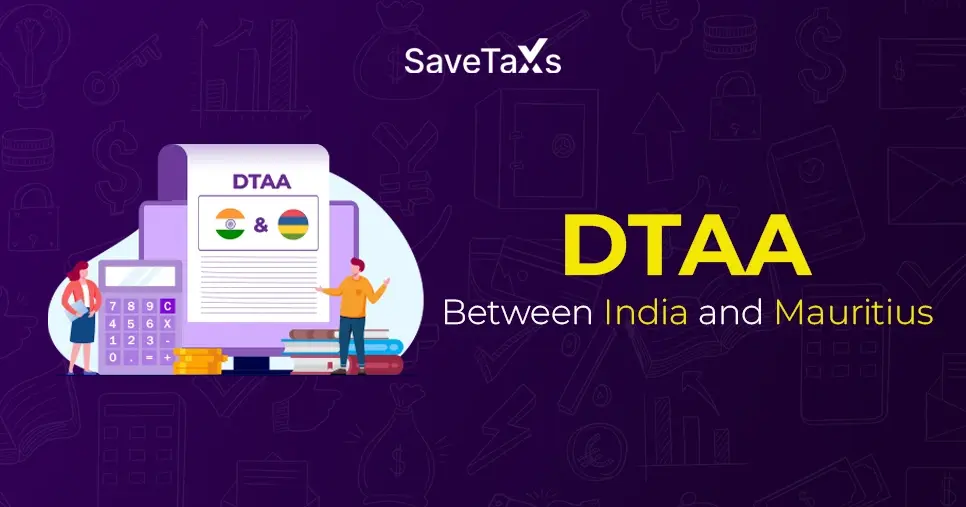
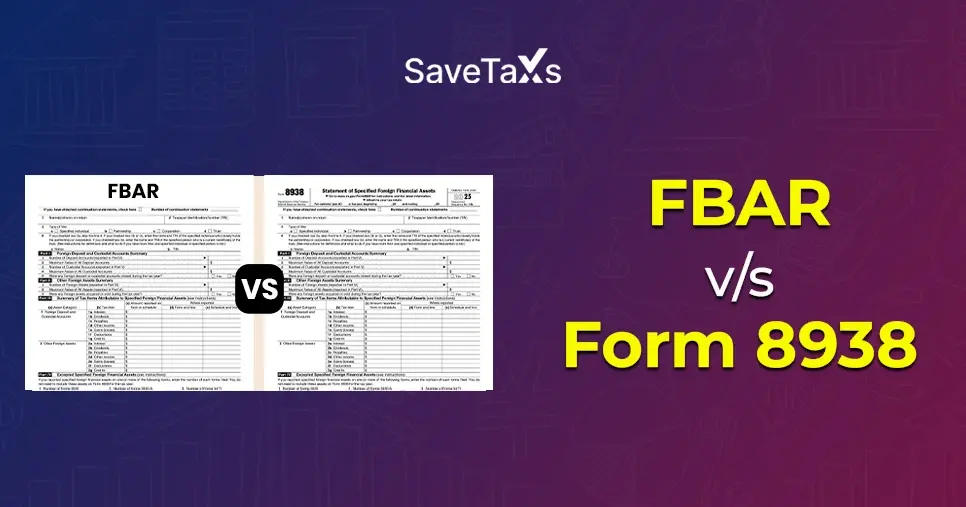
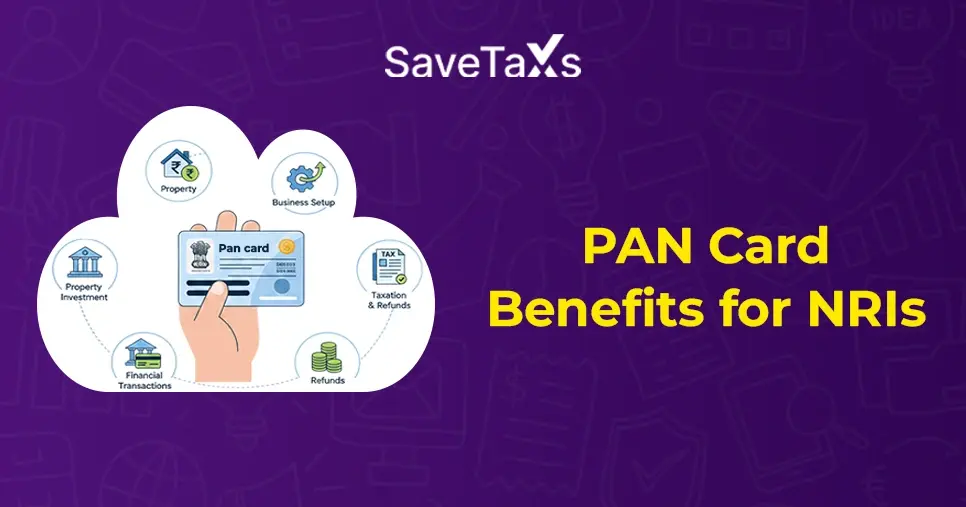
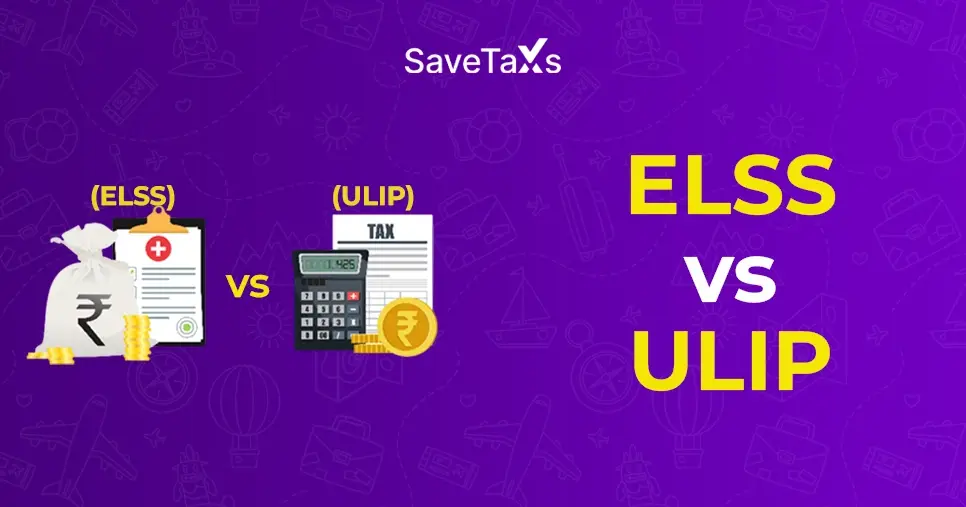
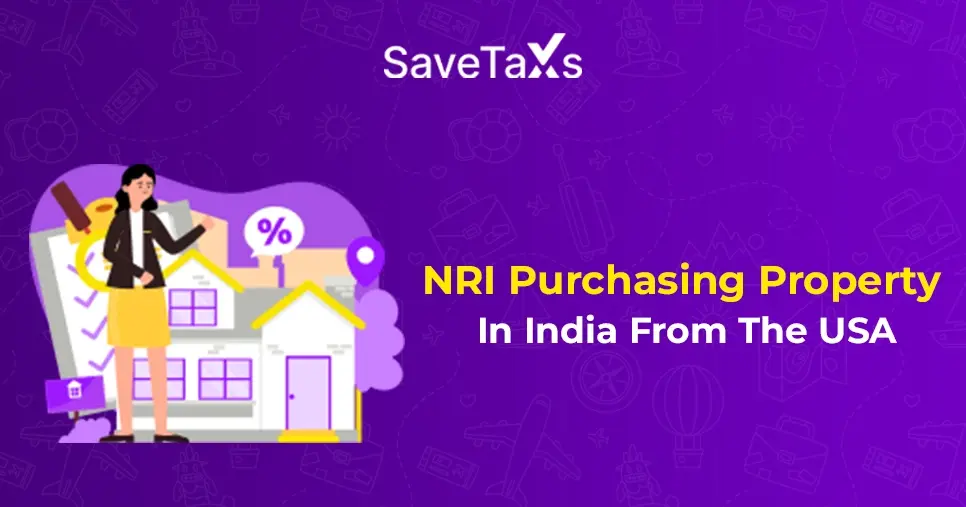

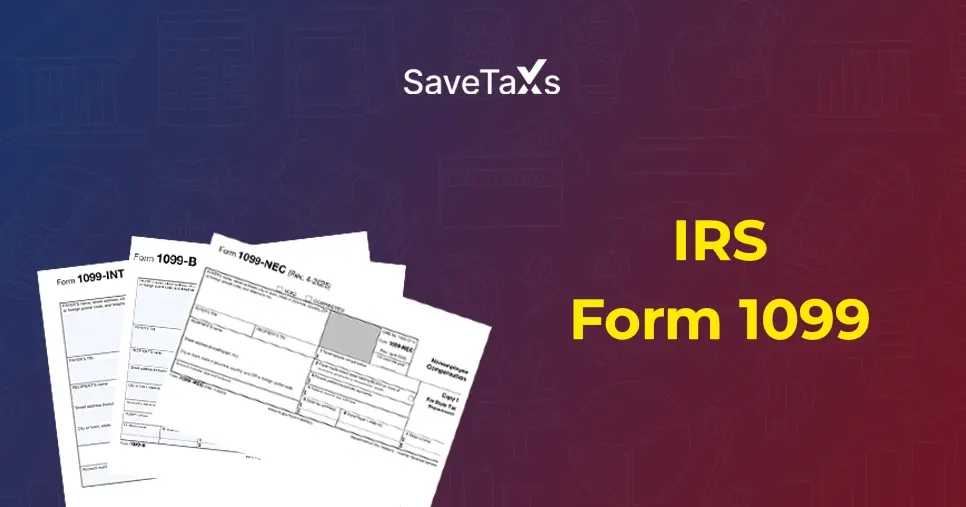

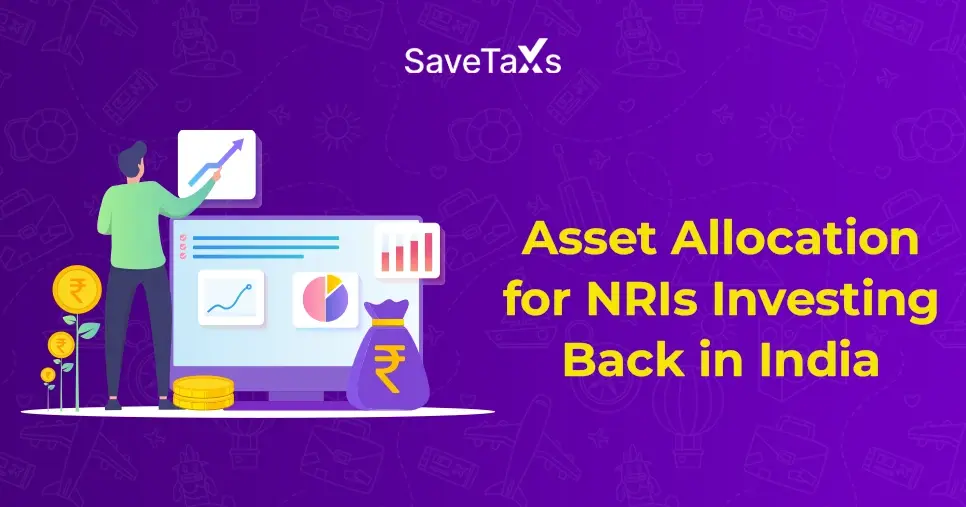
_1756467732.webp)
